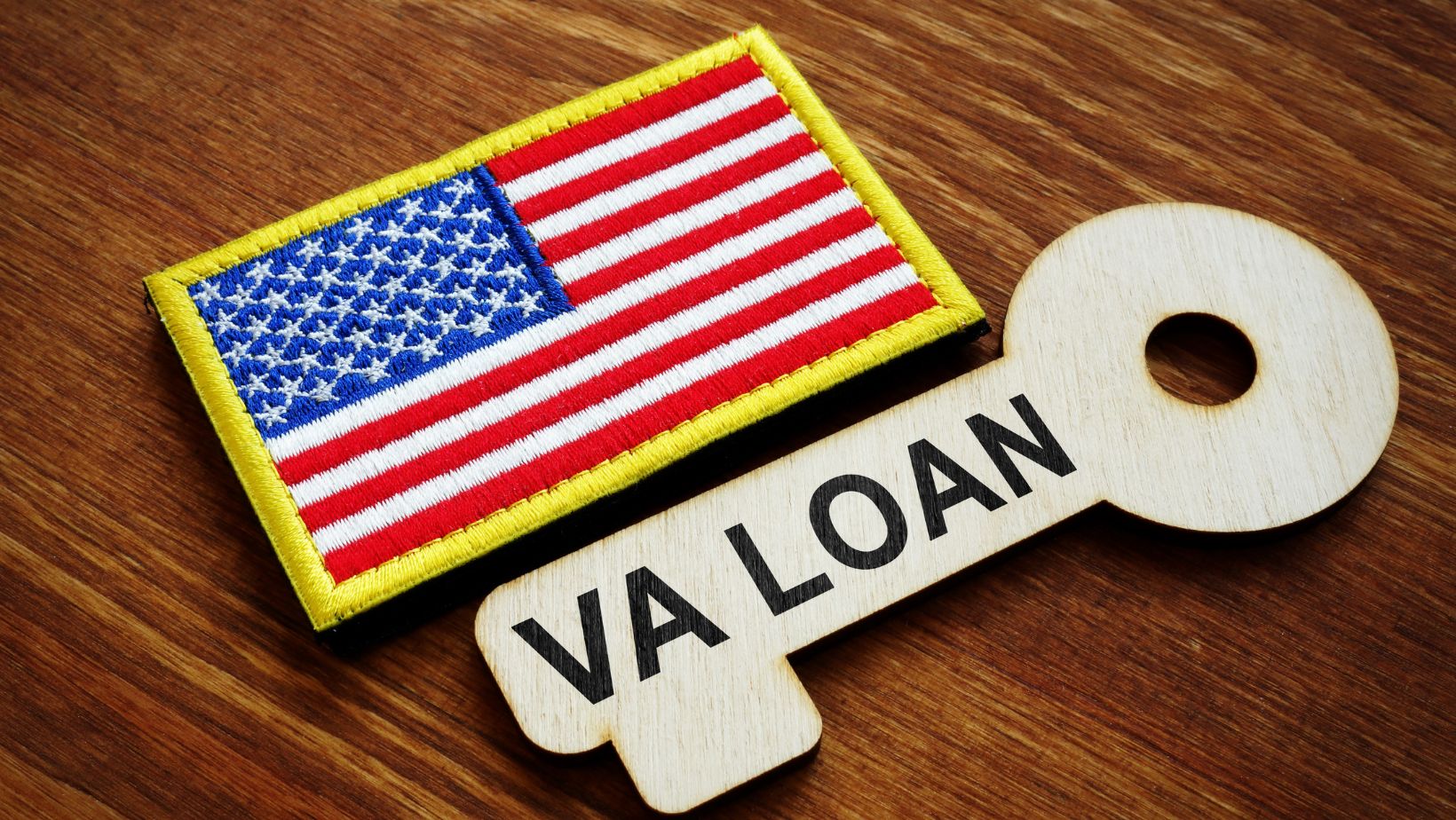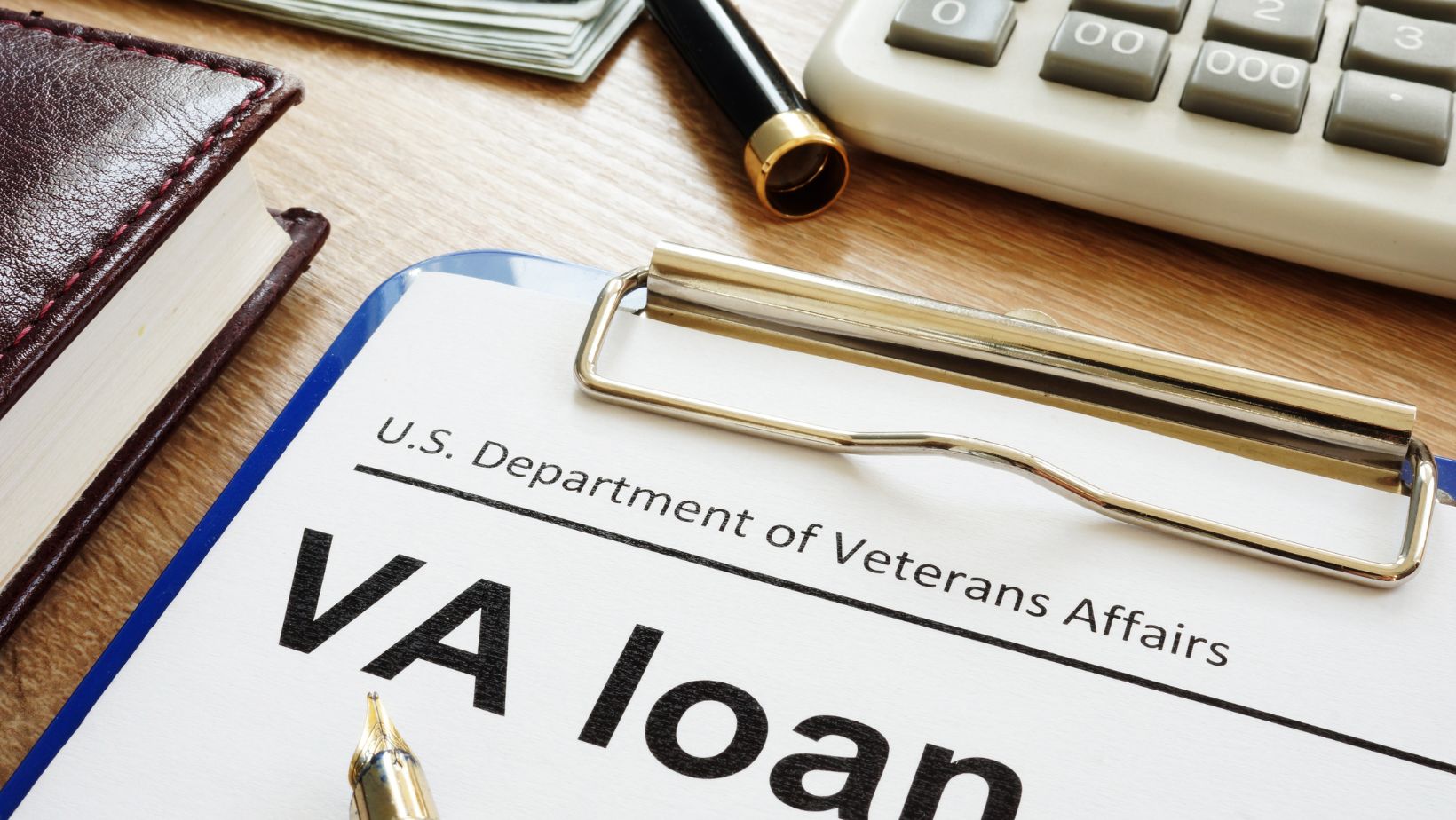For veterans dreaming of constructing their ideal home, a VA construction loan can be a beacon of hope. The prospect of designing a personalized space that caters to individual needs and preferences is enticing, and with the right guidance, this dream can become a reality.
Understanding VA Construction Loans
Veterans Affairs (VA) construction loans are specialized financing options tailored for qualified veterans seeking to build a home rather than purchase an existing one. These loans offer several advantages, including competitive interest rates, potentially lower down payments, and flexible terms. However, they come with specific requirements and processes unique to their nature.
Type of VA Construction Loan
VA construction loans typically come in two primary types:
-
VA Construction Permanent Loan
This loan combines the financing for the construction phase and the long-term mortgage into a single transaction. It begins as a construction loan, covering the costs of building the home, and then converts into a traditional mortgage once construction is complete.
Features:
- One-Time Closing: Streamlines the process by avoiding multiple closings for the construction loan and the permanent mortgage.
- Terms: Allows borrowers to lock in favorable terms for both the construction and permanent financing.
- Interest Rates: Typically carries competitive interest rates, often lower than traditional mortgage rates.
-
VA Construction Loan with Separate Permanent Financing
This option involves separate loans for construction and the permanent mortgage, meaning borrower’s secure two different loans one for building the home and another for long-term financing.

Features:
- Construction Loan: Covers the costs of building the home, with disbursements made in stages throughout the construction process.
- Permanent Mortgage: After construction, borrowers secure a permanent mortgage to repay the construction loan, potentially with different terms and rates.
Both types of VA construction loans aim to assist veterans in financing the construction of their homes. The choice between them often depends on individual preferences, financial circumstances, and the offerings of specific lenders.
How Do VA Construction Loans Work?
Unlike traditional home loans, VA construction loans follow a distinct procedure:
- Eligibility Criteria: To qualify, individuals must meet certain eligibility criteria set by the VA. This typically includes having suitable credit scores, meeting service requirements, and obtaining a VA Certificate of Eligibility (COE).
- Finding a Lender: Seek out lenders experienced in VA construction loans. Not all financial institutions offer these specialized loans, so it’s crucial to find a reputable lender familiar with the nuances of this process.
- Securing Approval: Once a lender is selected, the borrower must present their construction plans, cost estimates, and other relevant documentation for approval. The lender assesses the project’s feasibility before granting the loan.
- Construction Phase: Upon loan approval, the construction phase begins. Funds are disbursed in stages, commonly termed ‘draws,’ to cover the costs associated with different construction milestones.
- Conversion to Permanent Loan: Once the construction is completed, the loan is converted into a traditional mortgage, ensuring a seamless transition from construction financing to homeownership.
Advantages of VA Construction Loans
- Lower Interest Rates: VA loans often come with competitive interest rates, potentially saving borrowers money over the loan term.
- No Down Payment (or Lower Down Payment): For eligible borrowers, VA loans typically don’t require a down payment, or the requirement might be significantly lower compared to conventional loans.
- Flexible Terms: VA construction loans often offer flexibility in terms of loan length, helping borrowers find a repayment plan that suits their financial situation.
Challenges and Considerations
While VA construction loans present numerous benefits, they also come with challenges and considerations:
- Complex Process: The process of obtaining a VA construction loan can be more intricate than a traditional mortgage, requiring meticulous planning and documentation.
- Eligibility Criteria: Meeting the VA’s eligibility criteria is essential, and not all veterans may qualify.
- Finding a Suitable Builder: Choosing a reputable builder experienced in VA construction projects is crucial for a smooth building process.
Final Thoughts
VA construction loans offer a viable path for veterans aspiring to build their dream homes. However, they require careful planning, thorough research, and a clear understanding of the process. Working with knowledgeable lenders and builders can significantly ease the complexities associated with these loans.

Ultimately, for veterans seeking to create a space that truly embodies their aspirations and needs, a VA construction loan can be a stepping stone toward realizing that dream. With patience, diligence, and the right support, constructing a custom home can become an achievable and rewarding journey for those who have served our country.
VA Construction Loan FAQ:
- Who qualifies for a VA construction loan?
- Veterans, active-duty service members, and, in some cases, eligible surviving spouses can qualify.
- What’s the benefit of a VA construction loan?
- Competitive interest rates, potentially lower/no down payment, and flexible terms.
- Can I use a VA loan to build any type of home?
- VA construction loans cover primary residences that meet VA specifications (single-family, multi-unit up to four units, certain condos).
- How are funds disbursed during construction?
- Funds are released in stages (‘draws’) at different construction milestones.
- What documents are needed for a VA construction loan?
- Construction plans, cost estimates, proof of income, VA Certificate of Eligibility (COE), builder info, and other financial documents required by the lender.
- Can I act as my own builder?
- Some VA programs allow veterans to act as their own general contractor, but it’s crucial to confirm with the lender.
- What types of properties can I purchase with a VA loans in Texas?
- VA loans in Texas cover primary residences, including single-family homes, condos (meeting VA requirements), and multi-unit properties up to four units.
- Is there a maximum loan amount for VA construction loans?
- Loan limits vary by location and can change yearly, typically tied to conforming loan limits set by FHFA.
- What happens after construction is complete?
- The loan transitions into a traditional mortgage upon completion.
- Are there fees associated with VA construction loans?
- Yes, including a funding fee, appraisal, inspection, and closing costs.
- How long does the process take?
- Timelines vary but generally range from weeks to a few months based on project complexity and documentation availability.
Always consult with a VA Approved lender or Security America Mortgage for personalized guidance and specifics tailored to your situation.


